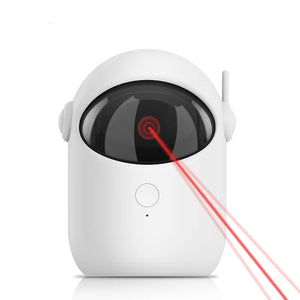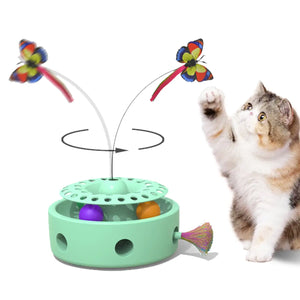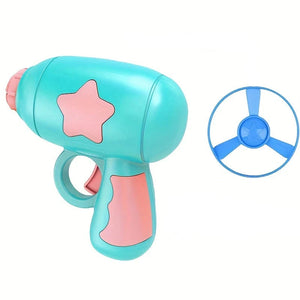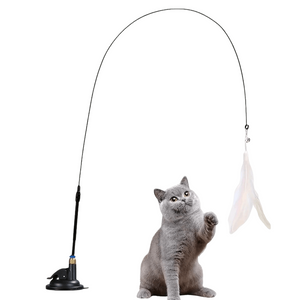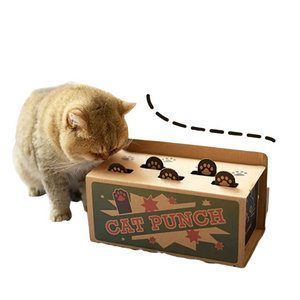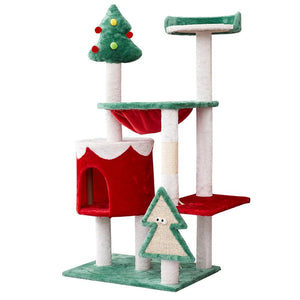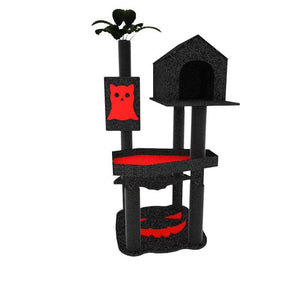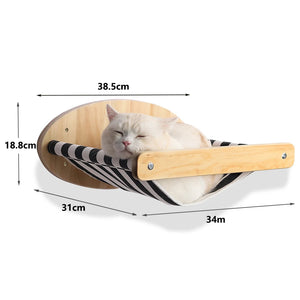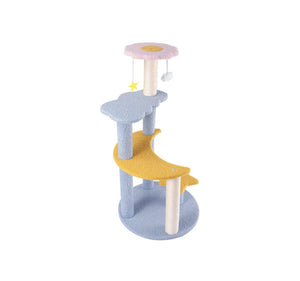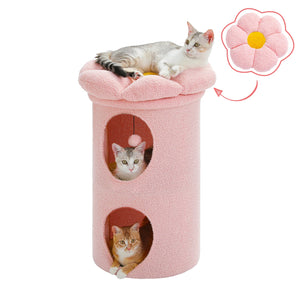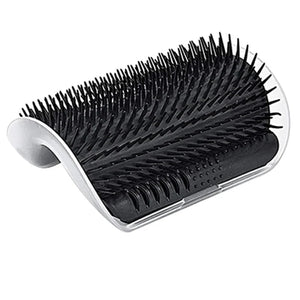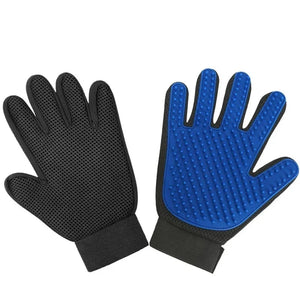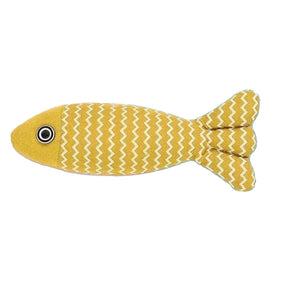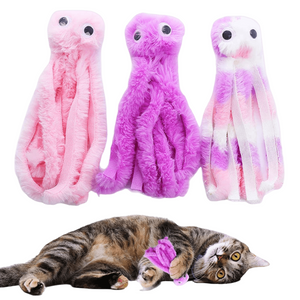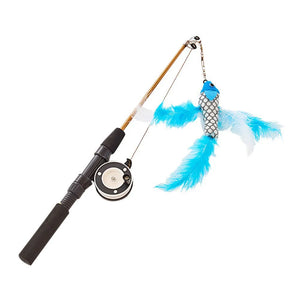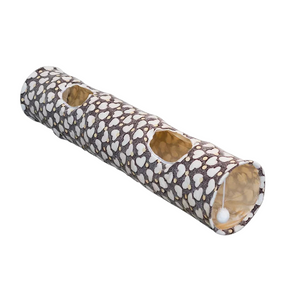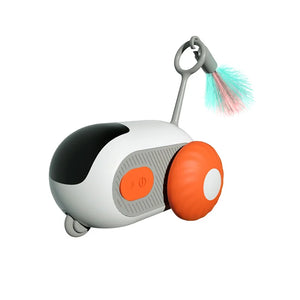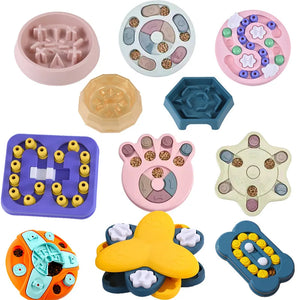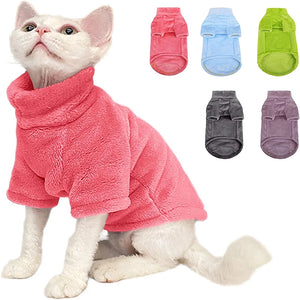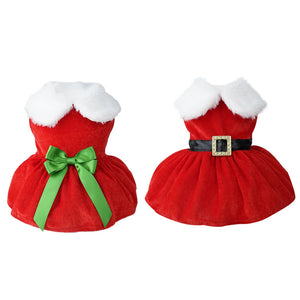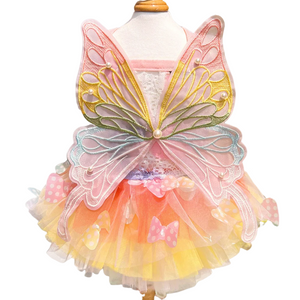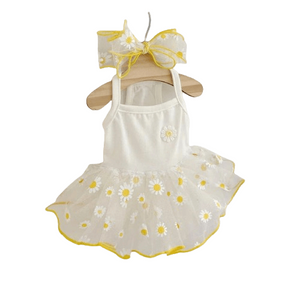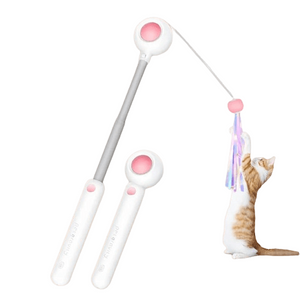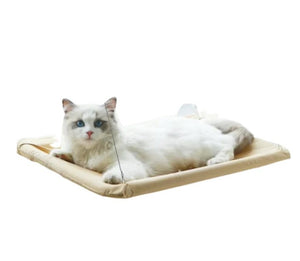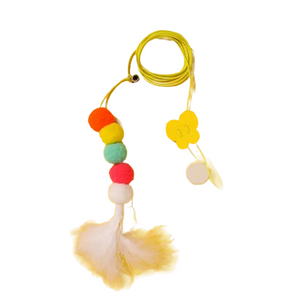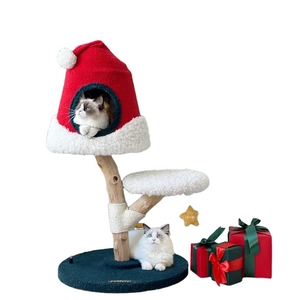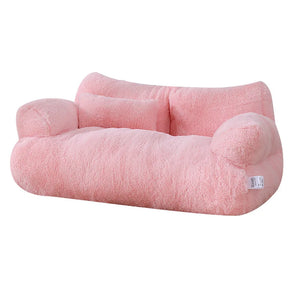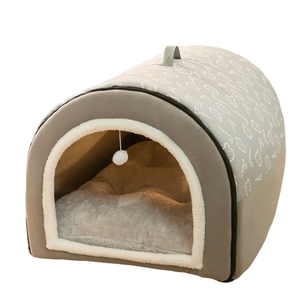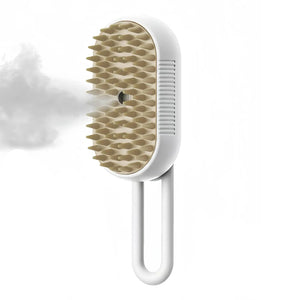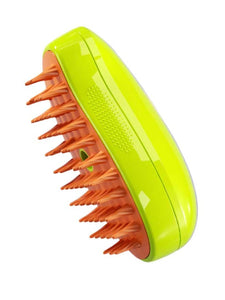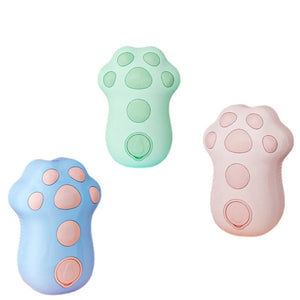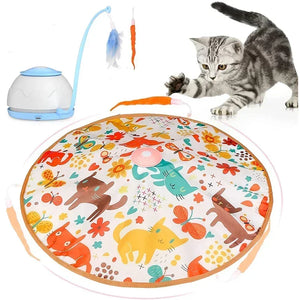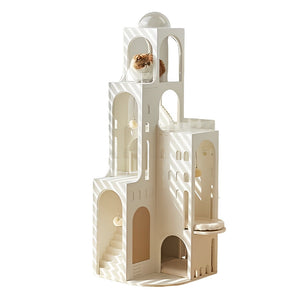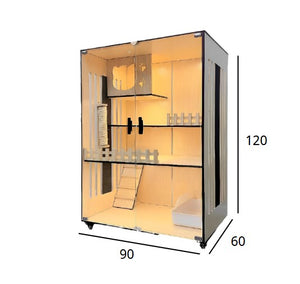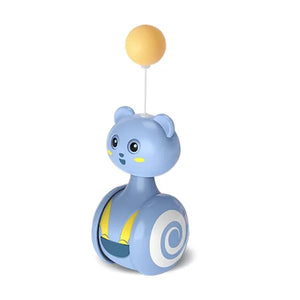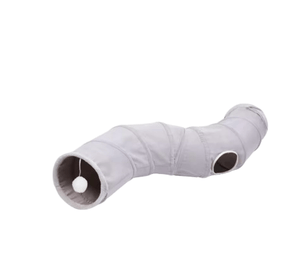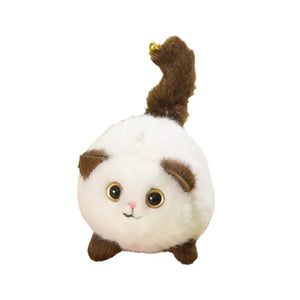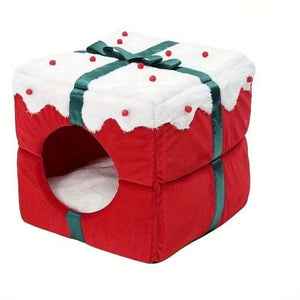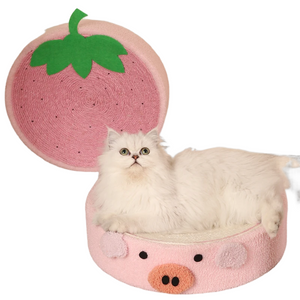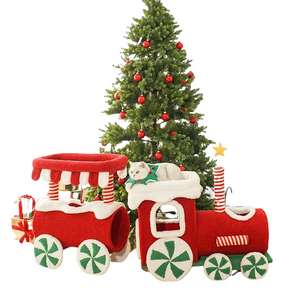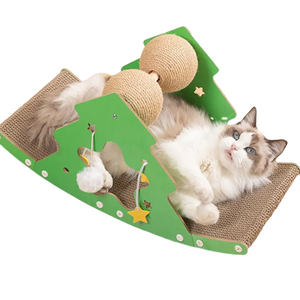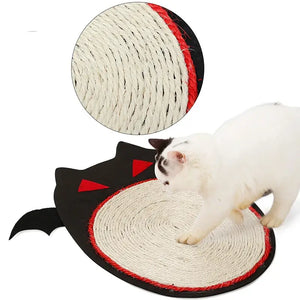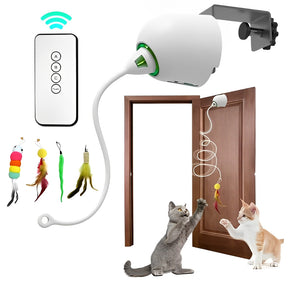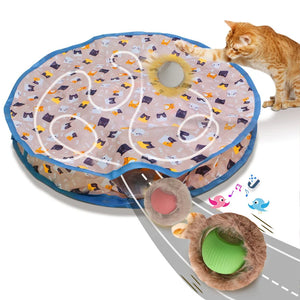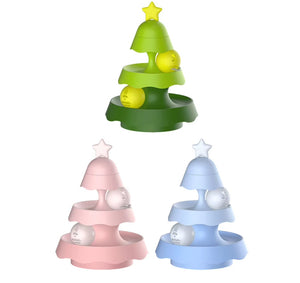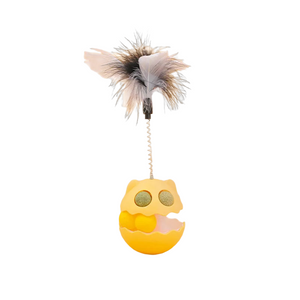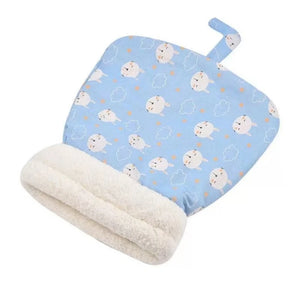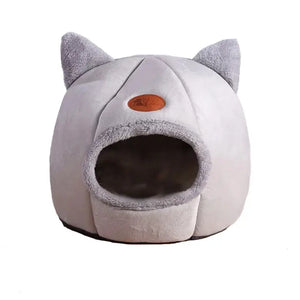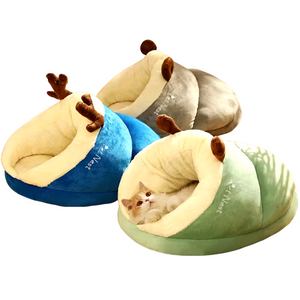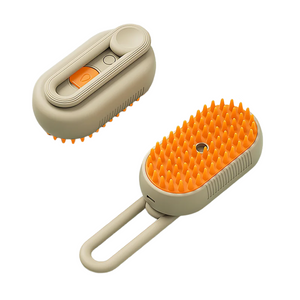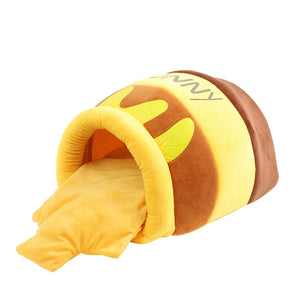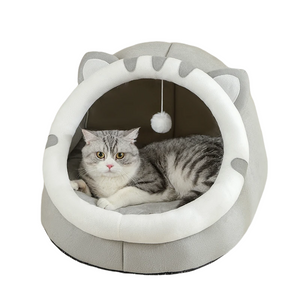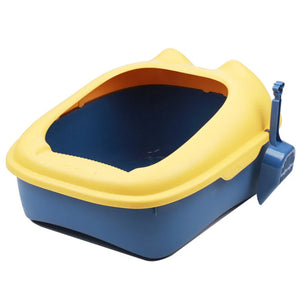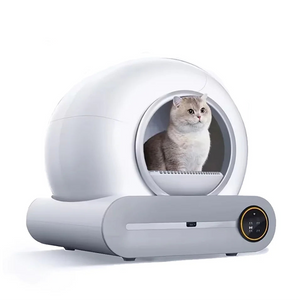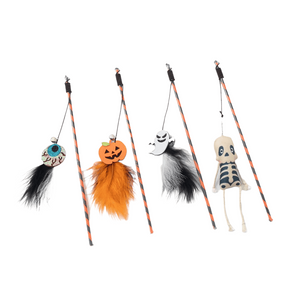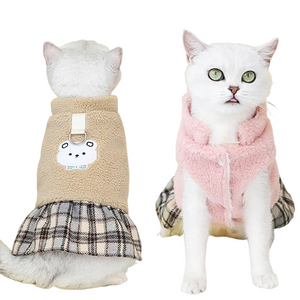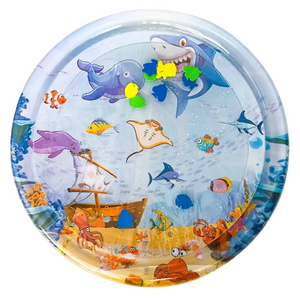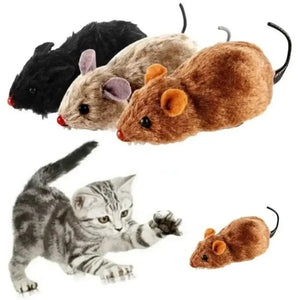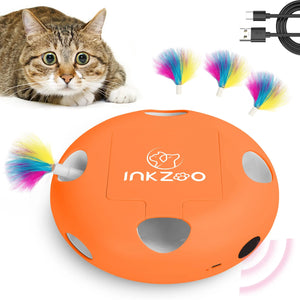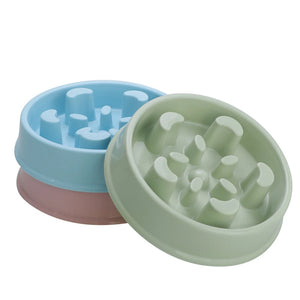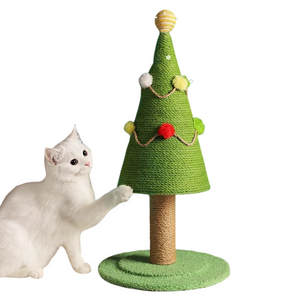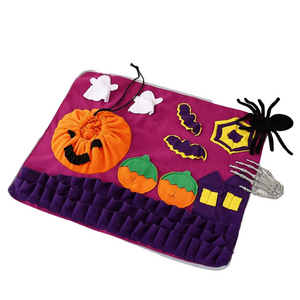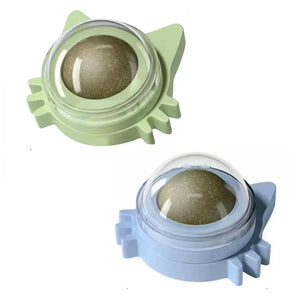How to Choose the Right Product for Cats
On this page, we will guide you in selecting the perfect products for your beloved cat. Our explanation is divided into two sections: one based on breed classification and the other on age classification. If needed, simply find the section that matches your cat's characteristics.
Sort by cat Breed
We have categorized the personalities and habits of common cat breeds and provided product recommendations based on general traits. Please note that these suggestions are for reference only; actual selections should be made according to your own cat's individual needs. Below are 15 common cat breeds. Please find and refer to the description corresponding to your cat's breed.
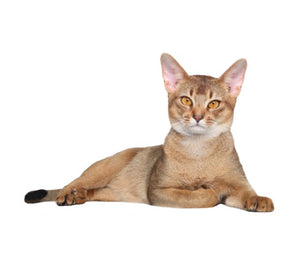
Abyssinian (Active and curious)
+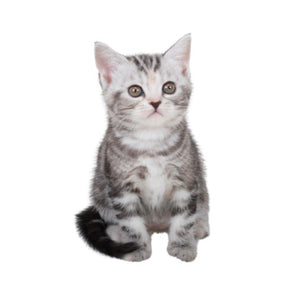
American Shorthair (Friendly, adaptable, and great companions)
+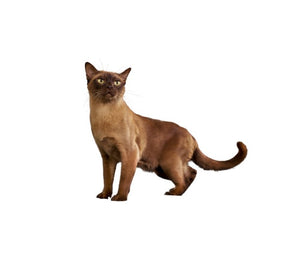
Burmese (Lively and highly social)
+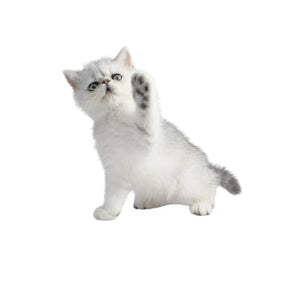
Chinchilla Persian (Elegant and gentle)
+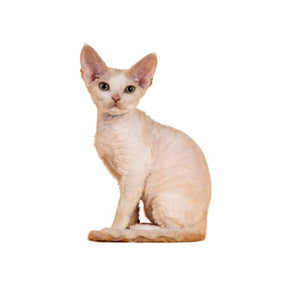
Devon Rex (Playful and affectionate)
+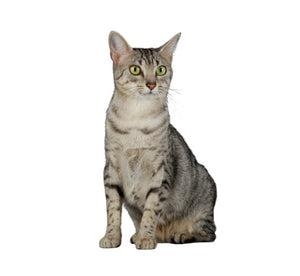
Egyptian Mau (Intelligent, curious, and highly active)
+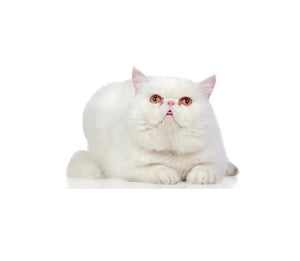
Exotic Shorthair (Gentle and affectionate)
+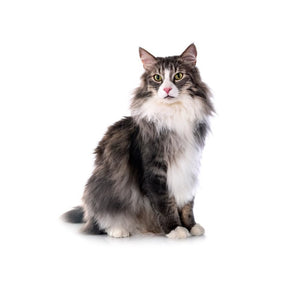
Norwegian Forest (Energetic and adventurous)
+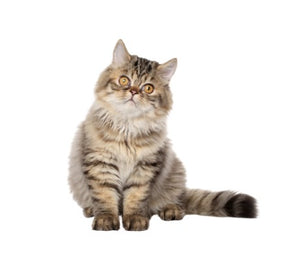
Persian (Beloved and elegant)
+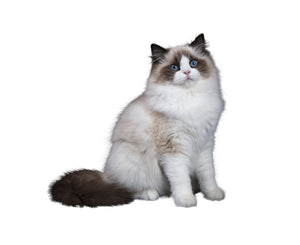
Ragdoll (Gentle and relaxed)
+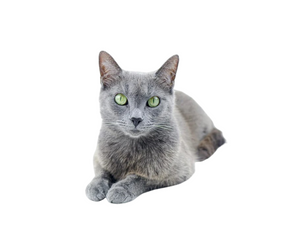
Russian Blue (Reserved and elegant)
+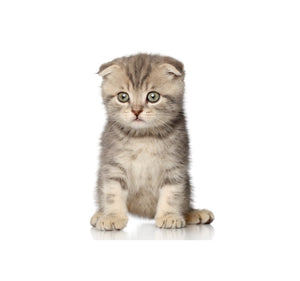
Scottish Fold (Gentle and quiet)
+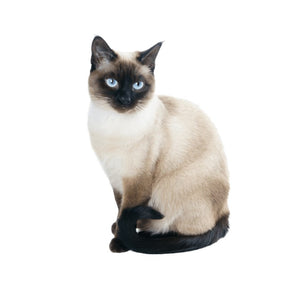
Siamese (Highly social)
+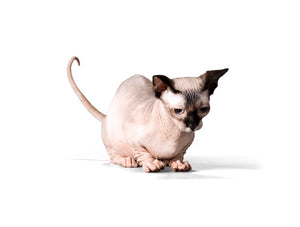
Sphynx (Highly social, curious, and interactive)
+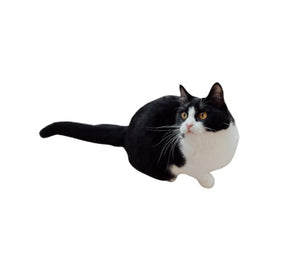
Tuxedo (Charming and full of personality)
+Sort by Age
Cats have different habits at different ages. Next, we will categorize cats by age to help you choose the most suitable products for your feline friend
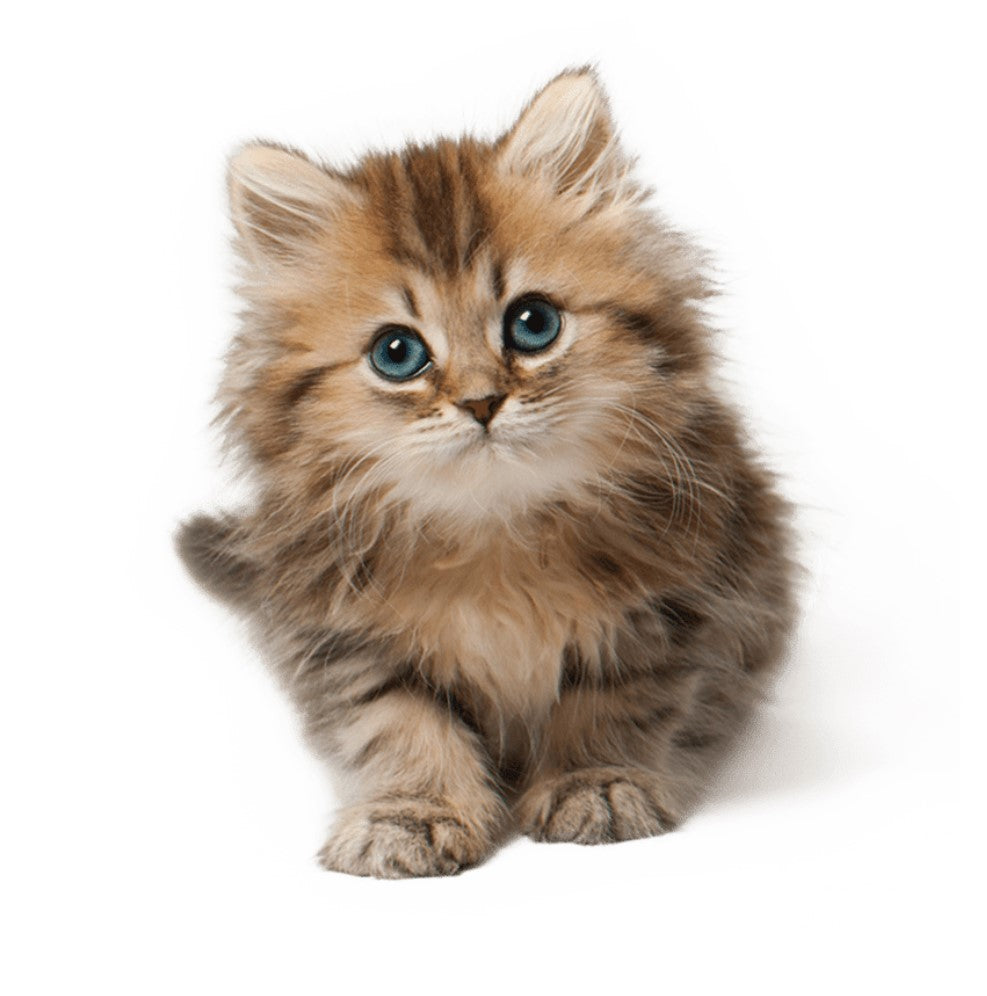
Kitten (< 1 Year)
Curious, energetic, and eager to explore the world
The cats in this age group are still quite young and should use chase-type toys to satisfy their hunting instincts, such as feather wands, laser pointers, or automatic moving toys. Since cats at this stage are very energetic, it’s good to gradually increase their physical activity. Additionally, incorporating scratching posts and cat trees can help with their physical training. More companionship is essential for cats in this age group, as it will help promote their growth more quickly.
Selected for Kitten
These products are suitable for your kitten to use
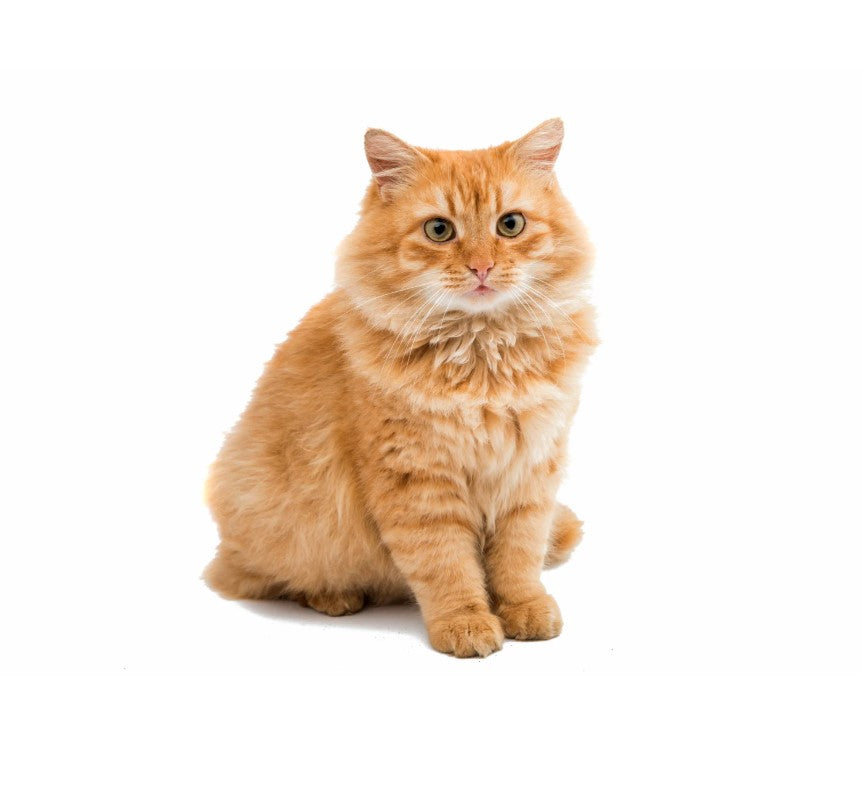
Young adult (1 - 6 Years)
Energetic, still curious, and more social
At this age, young adult cats become more energetic and social. This means they require even more companionship. During this period, interactive toys should be used to satisfy their social needs, strengthening the bond between the owner and the cat. Toys like feather wands and rolling balls are great choices. Additionally, at this stage, it’s important to introduce treat-dispensing toys to stimulate their curiosity and problem-solving abilities.
Selected for Young Cats
These products are suitable for your young cats to use
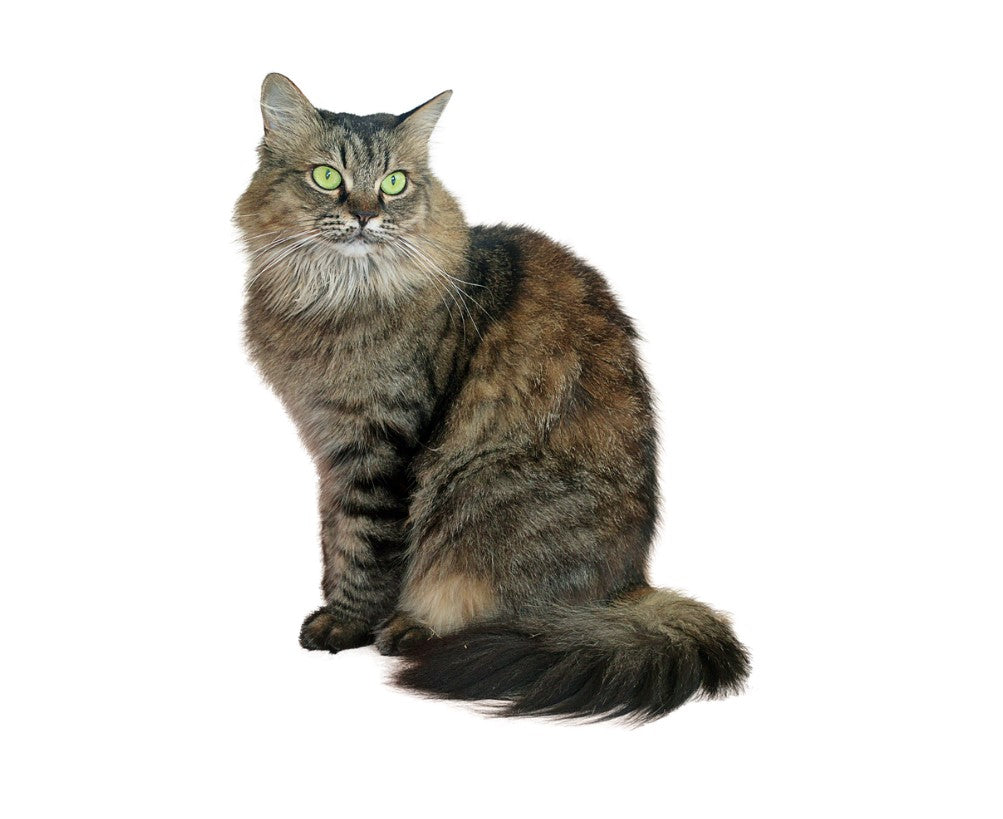
Adult (6 - 10 Years)
Their energy levels begin to stabilize, but they still enjoy playing; some decrease in physical stamina may occur
At this age, a cat's energy levels gradually decrease. This is the time to introduce toys that require less physical activity, such as slower-moving balls or soft chew toys, which can capture their attention without being overly intense. It’s also important to provide more static scratching tools like scratching boards and scratching posts. Additionally, simple puzzle toys can still be used to keep their minds active.
Selected for Adult Cats
These products are suitable for your adult cats to use
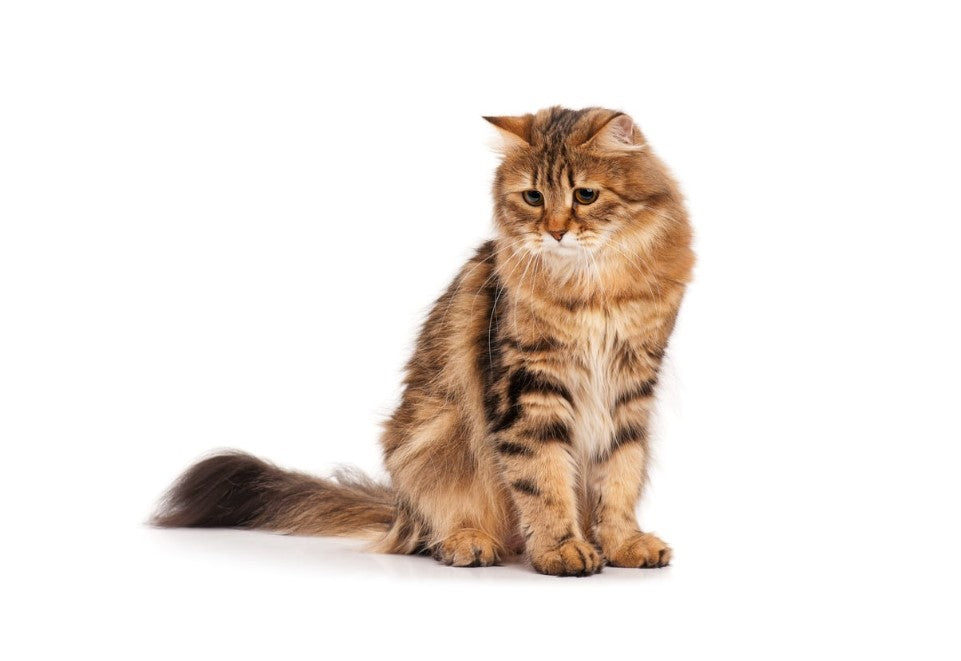
Senior (> 10 Years)
Significantly reduced activity, slower movements, and a greater need for comfort and security
For cats at this age, low-intensity and gentle toys should be used to avoid excessive physical exertion. Most of the time, they prefer to rest in a safe place, so providing a comfortable and secure bed is essential to help them feel more at ease. When it comes to feeding, meals should be given at regular intervals, allowing them to eat gradually. Avoid large portions, as this can put unnecessary strain on their bodies.
Selected for Senior Cats
These products are suitable for your senior cats to use
Our Valuable Review
Go To Our Cat Collection-
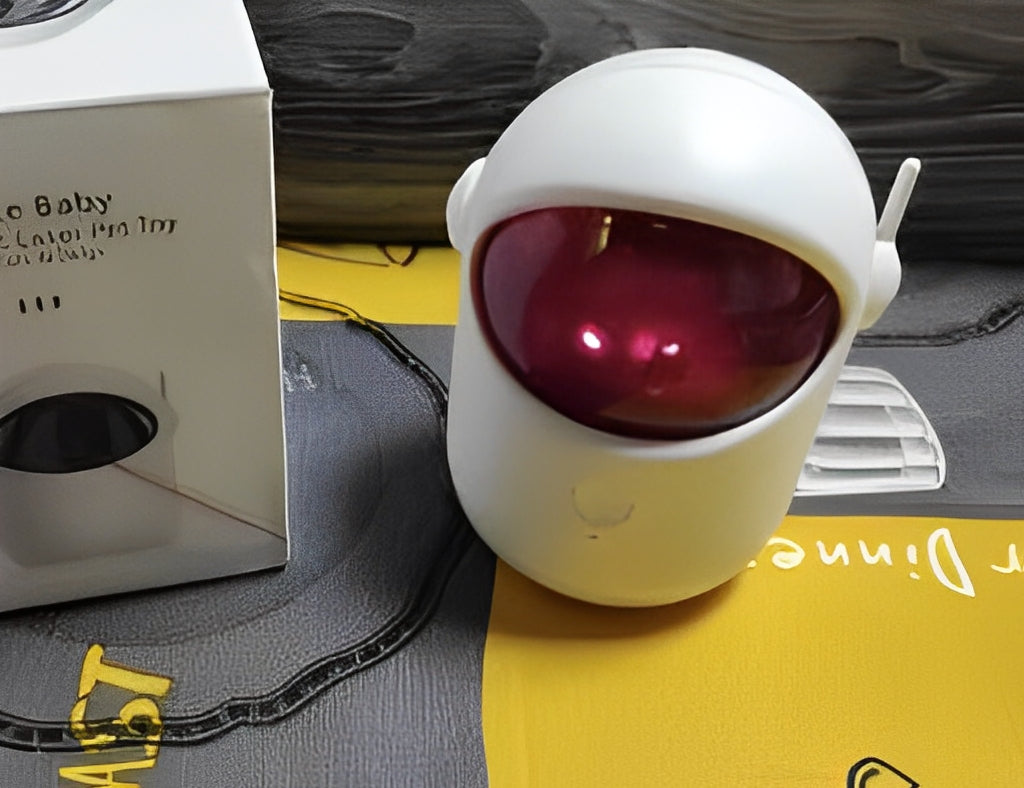
A.S (From Spain)
View Product⭐️⭐️⭐️⭐️⭐️
A very fun game for the cat. It has 3 modes of operation and turn, it is rechargeable by USB, its aesthetics is very beautiful, besides no noise.
The cat at first was curious and amazed, he did not approach, he only observed, but later he lost his fear and began to play. Very good option for them to play and exercise at the same time. I liked the interactive device and my cat too ..
The shipping was fast and everything perfect, I bought several accessories for my pet from this seller and always great everything, I recommend seller and product.(Jul 31, 2024)
-
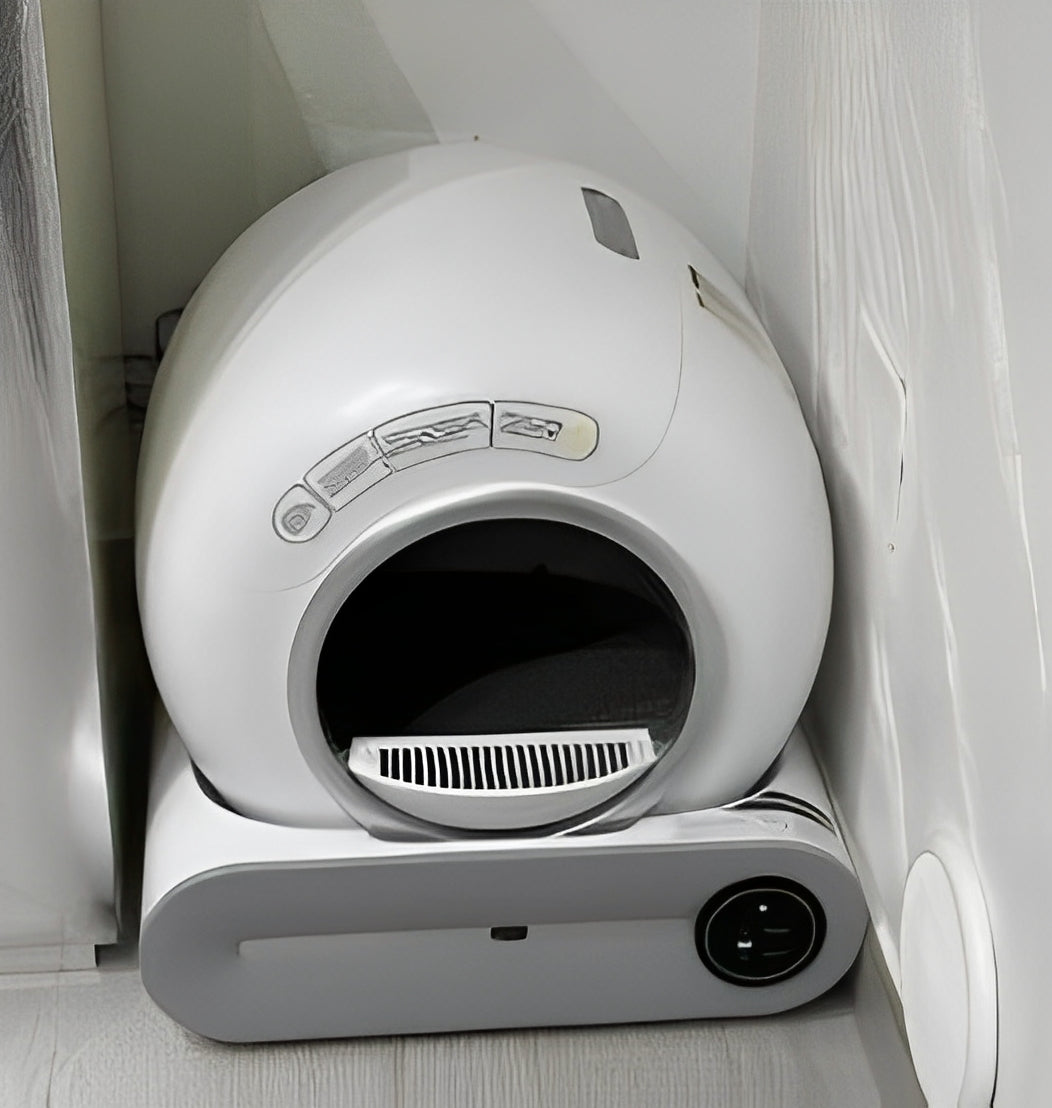
G (From Italy)
View Product⭐️⭐️⭐️⭐️⭐️
Really beautiful smart cat readers functional the cat uses them without problems. Automatic cleaning system every time the cat uses it. When it comes out, air purification is activated
(Feb 2, 2025)
-
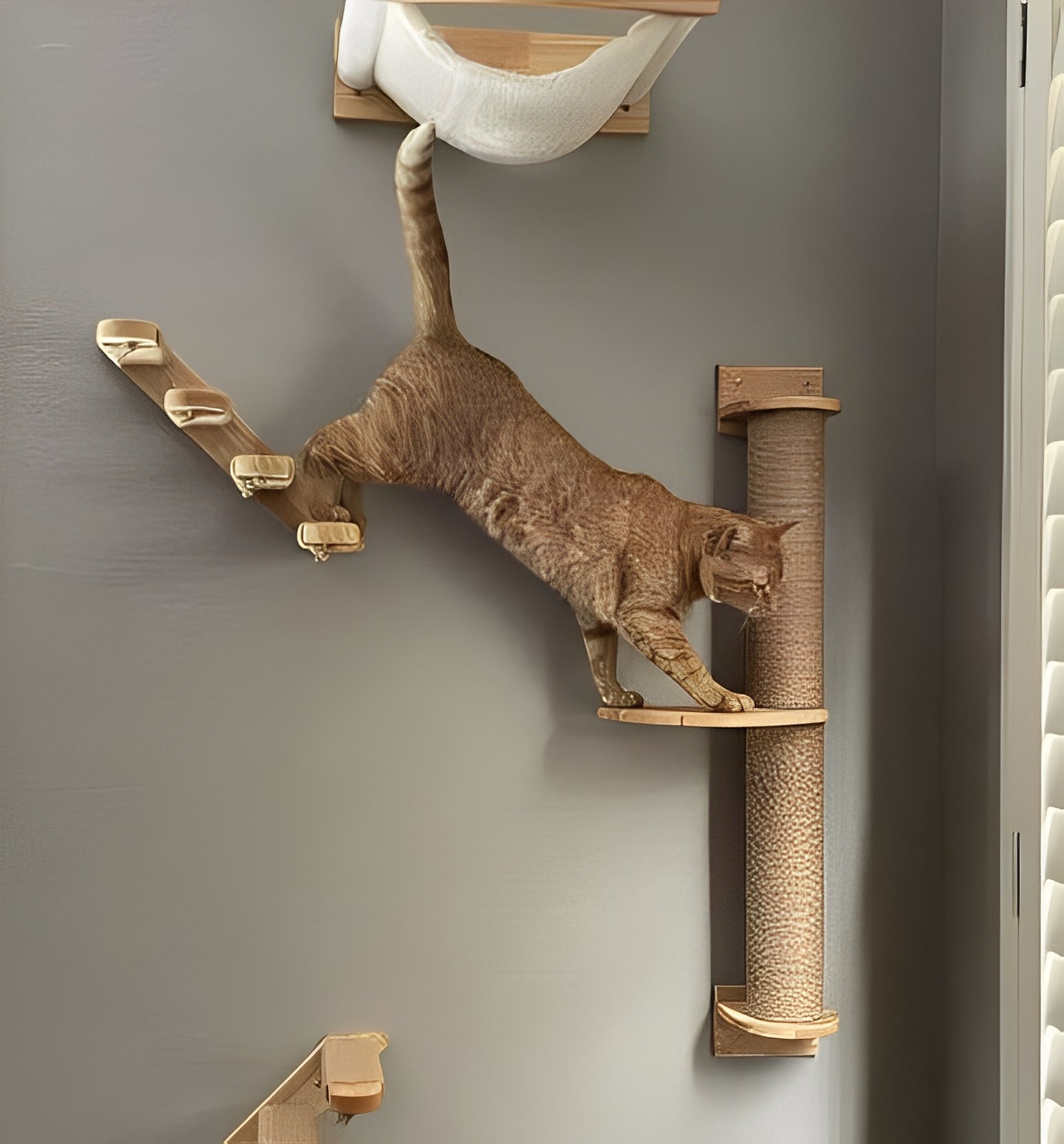
Z. (From Vietnam)
View Product⭐️⭐️⭐️⭐️⭐️
Very easy to assemble. Cat approved!! He loves climbing, scratching and sitting on these wall units. Really like the quality. Well worth the price.
(Sep 19, 2024)
-
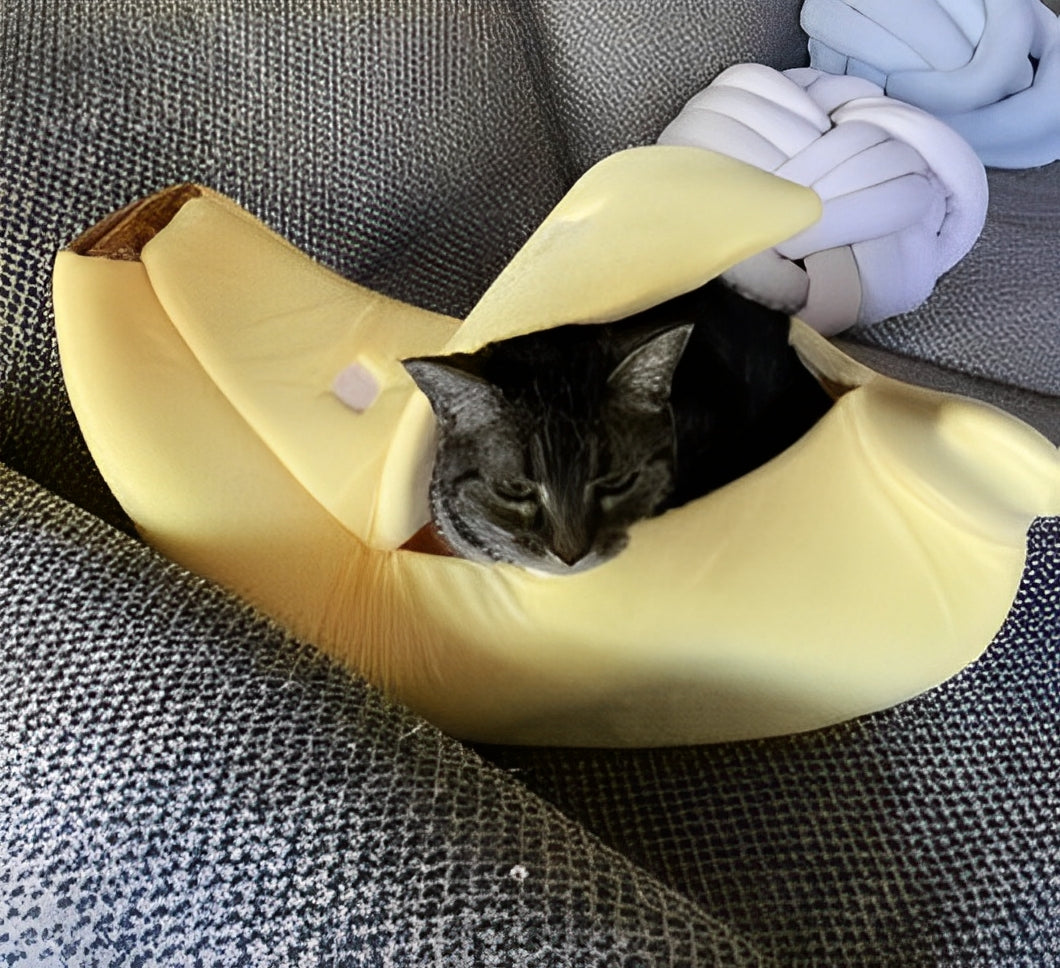
A.G (From France)
View Product⭐️⭐️⭐️⭐️⭐️
The size is correct, I am satisfied. According to the photos. The cat has already started to fit inside
(Mar 7, 2025)
-
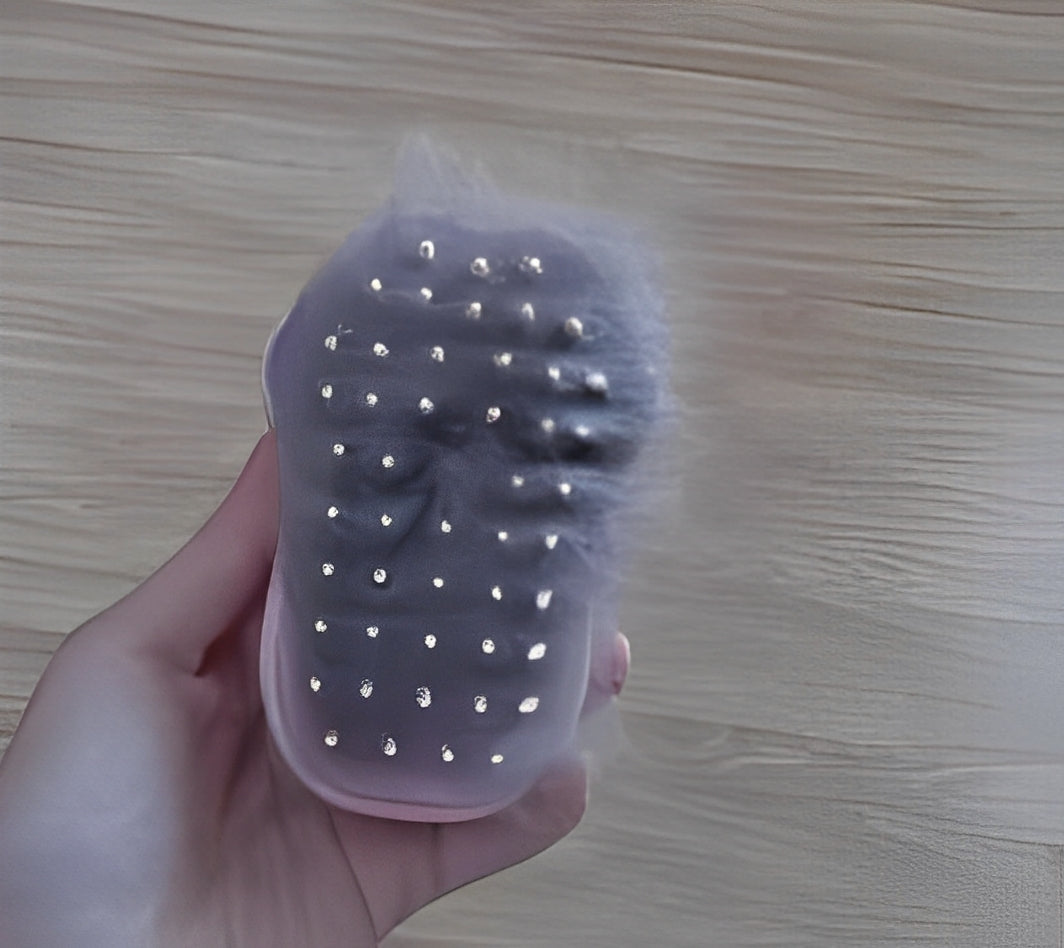
Я (From Ukraine)
View Product⭐️⭐️⭐️⭐️⭐️
The daughter of the daughter for the taka Garna for The Girl On The Duzhe was a little girl. I recommend the seller.♥️
(Jul 19, 2024)
-
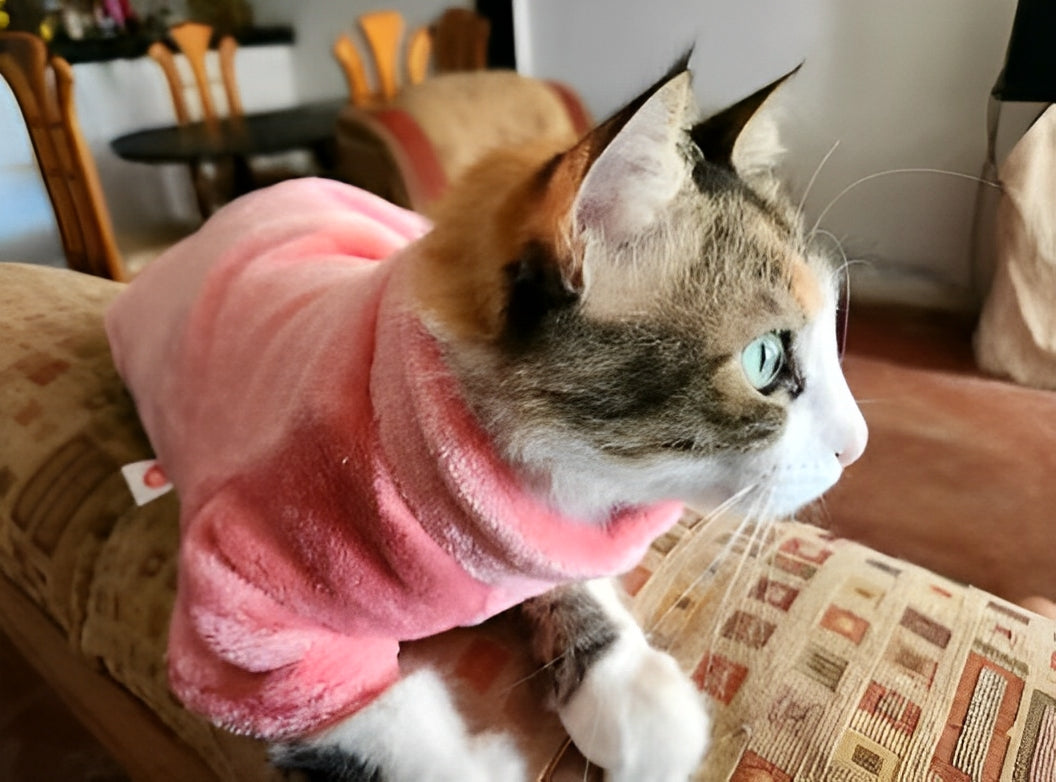
X.R (From Peru)
View Product⭐️⭐️⭐️⭐️⭐️
Very coquette, very cute, soft and warm a lot... I ordered it in size XL and it was perfect (not so tight, not so loose) the delivery was fast✨🥰
(Jul 11, 2024)
FAQ About Cat Products
Q1: How do I choose the right toys for my cat?
A1: When choosing cat toys, consider your cat's age, activity level, and interests. Active cats enjoy chasing toys like wands and balls, while independent cats may prefer self-play interactive toys. Kittens need soft, lightweight toys, while adults may enjoy puzzle toys that challenge their intelligence.
Q2: What daily care products does my cat need?
A2: Daily care essentials include grooming brushes, nail clippers, ear cleaners, dental care products, and bathing supplies. Long-haired cats require daily grooming to prevent mats, while short-haired cats benefit from regular brushing to reduce shedding and hairballs. Dental care is crucial for all cats to maintain oral health.
Q3: How do I choose the right cat bed or resting spot?
A3: Choose a bed based on your cat’s size and preferences. Cats that love enclosed spaces prefer cave-style beds, while those that love heights enjoy multi-level cat trees. Soft, easy-to-clean materials placed in a quiet, warm corner provide the best comfort and security.
Q4: Should I prepare special food and water bowls for my cat?
A4: Yes, it's important to choose safe and appropriate bowls. Ceramic, stainless steel, or food-grade silicone bowls are recommended to prevent bacteria growth. Cats who enjoy running water benefit from a water fountain, encouraging them to drink more and maintain kidney health.
Q5: Does my cat need clothing?
A5: Most cats don't need clothing, but hairless breeds like Sphynx or elderly/sick cats may require warm clothes in cold weather. Always select soft, breathable fabrics and introduce clothing gradually to avoid stressing your cat.
Q6: What should I do if my cat scratches furniture?
A6: Scratching is a natural behavior. Provide scratching posts or pads near your cat's favorite spots. Use catnip or attractant sprays to encourage use, and redirect your cat from furniture to the scratching areas when needed.
Q7: How do I choose the right cat food?
A7: Choose cat food based on age (kitten, adult, senior), health conditions (kidney issues, obesity), and special needs (hypoallergenic diets). High-quality cat food should have a high animal protein content without fillers, artificial colors, or flavors.
Q8: How can I help my cat adjust to a new home?
A8: New cats may feel stressed when moving into a new environment. Prepare a quiet, secure area with familiar scents, such as an old blanket or favorite toy. Allow your cat to explore at its own pace and use positive reinforcement to build confidence.
You May Interested About Cat
View all-
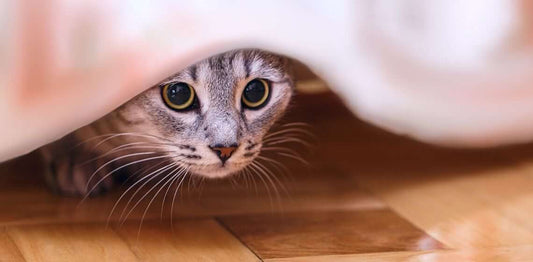
Managing Anxiety in Cats: Causes, Symptoms, and...
Learn how to manage anxiety in cats with this comprehensive guide. Discover the unique causes of feline anxiety, including territorial changes and overstimulation, and explore effective strategies like creating vertical...
Managing Anxiety in Cats: Causes, Symptoms, and...
Learn how to manage anxiety in cats with this comprehensive guide. Discover the unique causes of feline anxiety, including territorial changes and overstimulation, and explore effective strategies like creating vertical...
-
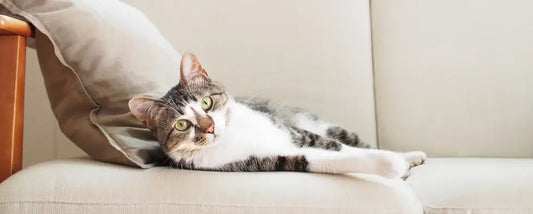
How to Build a Safe and Enriching Indoor Enviro...
Learn how to create an enriching and safe indoor environment for your cat. From vertical climbing spaces to interactive toys and puzzle feeders, discover tips to engage your cat’s natural...
How to Build a Safe and Enriching Indoor Enviro...
Learn how to create an enriching and safe indoor environment for your cat. From vertical climbing spaces to interactive toys and puzzle feeders, discover tips to engage your cat’s natural...
-
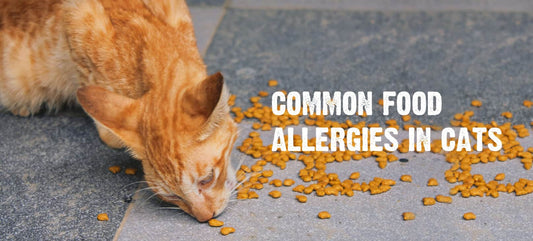
Common Allergens and Foods Cats Should Avoid: A...
Learn about common allergens and harmful foods for cats in this comprehensive guide. Discover environmental and food-related allergens that could impact your cat’s health and how to prevent allergic reactions....
Common Allergens and Foods Cats Should Avoid: A...
Learn about common allergens and harmful foods for cats in this comprehensive guide. Discover environmental and food-related allergens that could impact your cat’s health and how to prevent allergic reactions....

